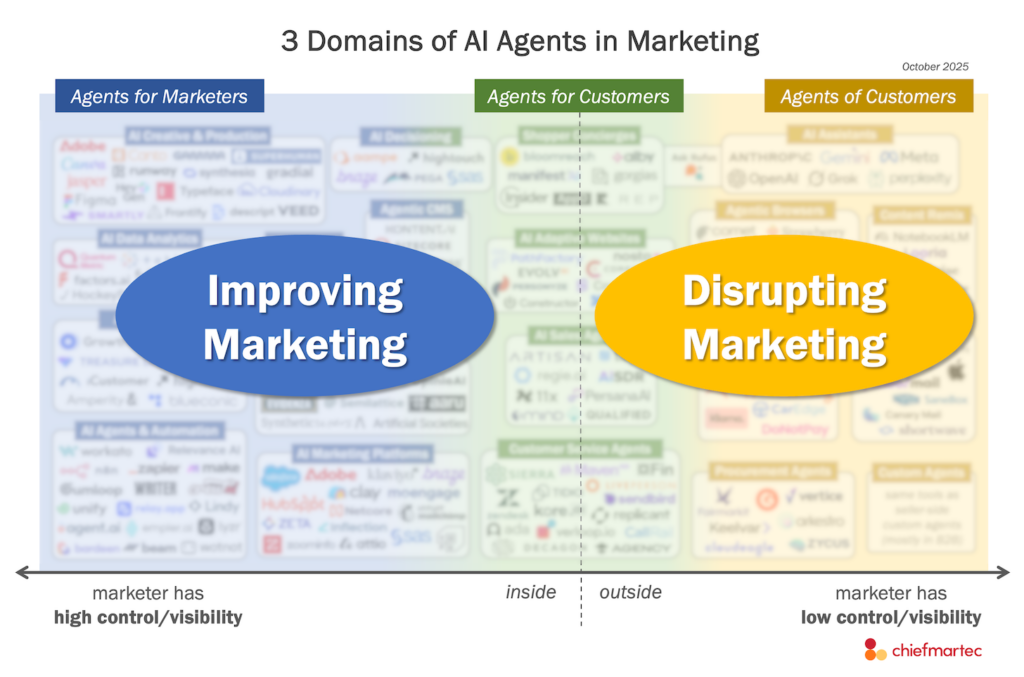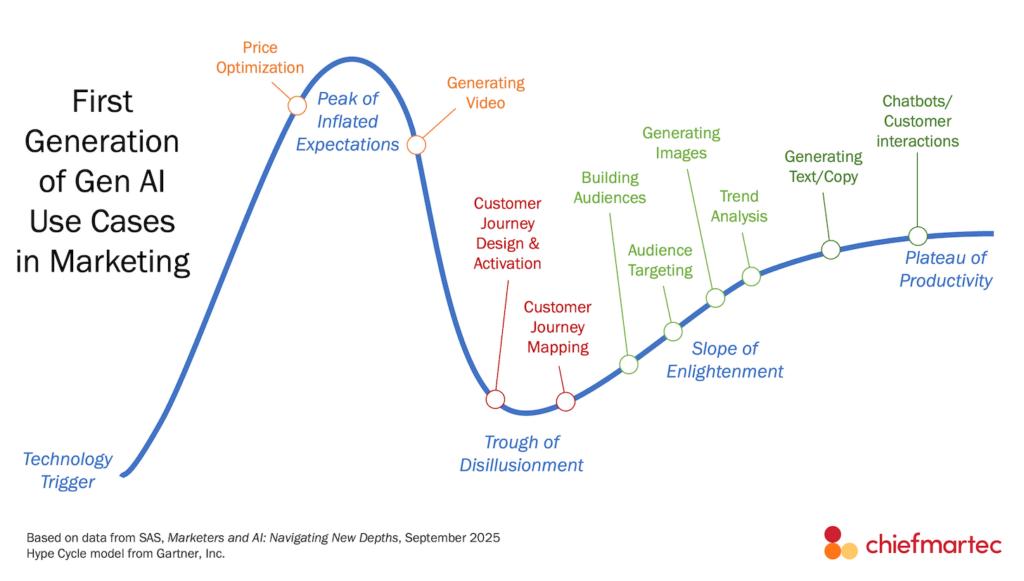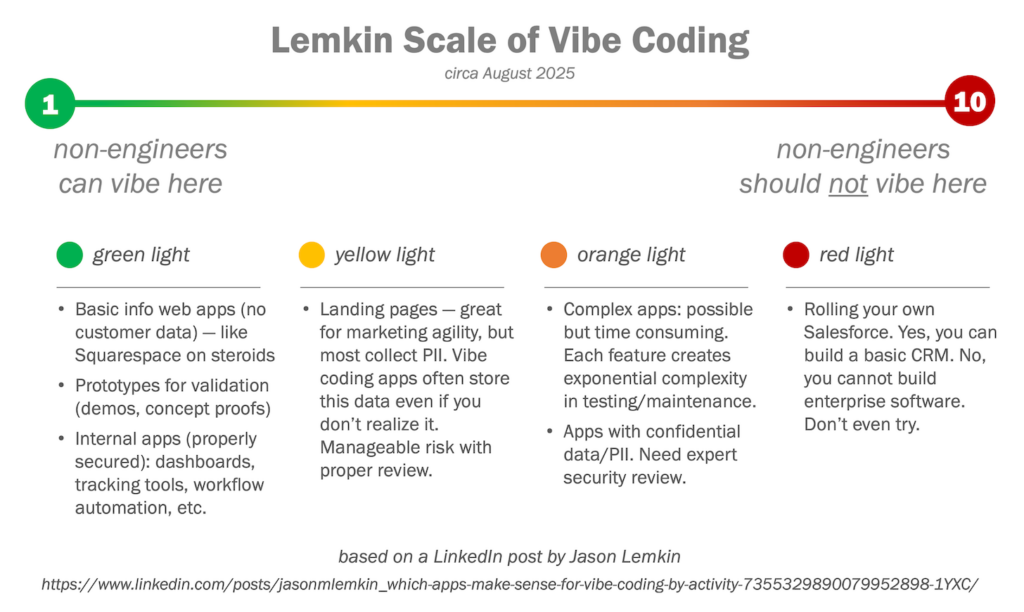This week, HubSpot filed for a $100 million IPO.
As a “marketing technology” story, that’s remarkable enough at face value. There have been only a handful of pure martech companies that have made it from a start-up dream to a publicly-traded company. It’s an extraordinary accomplishment in a crowded space. Their IPO will provide further evidence that this space is maturing — and will secure HubSpot’s position as one of the major marketing platforms in it.
In an industry renown for hyper M&A activity, it’s refreshing to have a company make it to IPO — and clearly intend to thrive independently. (Although as far as wild-eyed acquisition theories go, I still think my hypothesis that Google might acquire them is worth a bar bet.)
My congratulations to co-founders Dharmesh Shah (who was kind enough to join me for a fireside chat at MarTech last week — as luck would have it, just before the iron curtain of a quiet period descended upon him) and Brian Halligan, Mike Volpe, David Cancel, and the rest of the HubSpot team!
But there’s something about HubSpot that is even more remarkable.
More than any other company in the history of marketing technology, they changed the philosophy of marketing itself. They created the “inbound” school of marketing that almost everyone in digital marketing has accepted as gospel. Even HubSpot’s fiercest competitors talk about inbound marketing, and indeed, run their own marketing programs according to its principles.
The closest analog I can think of is the revolution that Salesforce pioneered with software-as-a-service (SaaS). SaaS was once a heretical disruption to the software industry — but now Adobe, IBM, Microsoft, Oracle, etc., Salesforce’s biggest competitors, have all embraced it as the new normal.
Even if you’re not a Salesforce or HubSpot customer, you’ve been touched by the SaaS and inbound revolutions that they each respectively birthed. And that’s a pretty spectacular accomplishment.
I’ll admit, I didn’t recognize the magnitude of what HubSpot was doing for a while. To be generous, you could say I was too close it, as I was already living in the world of search and social media when they came to market. I thought HubSpot was a great product in that space — but I thought of them primarily as a software company. And while I always liked the “inbound marketing” label, martech entrepreneurs have been inventing new kinds of “__________ marketing” buzzword phrases to try to differentiate their offerings as almost a mandatory requirement in their branding programs.
My joke is that there’s now a one-to-one correspondence between “__________ marketing” terms and marketing technology vendors. And while I may kid my fellow vendors about that, I’m not above it — my own company is working very hard to shape the “marketing apps” category with new “interactive content marketing” tactics.
But inbound marketing transcended that.
Why? Because in one simple-but-profound phrase, they captured the epic turning of the tables between buyers and sellers that the Internet had catalyzed. Sure, we had websites and email lists, and we were doing search and social media marketing. But those were siloed tactics, sub-silos in a digital marketing silo, largely sequestered from the primary machinery of marketing, still operating as it had for decades.
Inbound marketing was a unifying principle that connected all those disparate, digital pieces and gave them meaning in the grand scheme. And it directly challenged “outbound marketing” — essentially, the way marketing and sales had been done for the past century. Ballsy.
However, having a great idea is only a fraction of what’s required to change the world. Using their own philosophy, they relentlessly evangelized inbound marketing (meta-inbound marketing, if you will). Their own blog became a phenomenon unto itself. Their books were bestsellers. And their software made the approach they were advocating accessible to a large and underserved market of small businesses.
I said earlier that my miss with HubSpot was thinking of them as a software company. Yes, technically they make and sell software. And on that dimension, they’re among the leading marketing technology companies in the world. But it’s their role in ushering in a massive paradigm shift in the gestalt of marketing that has elevated them to a higher pantheon of companies who truly changed the way the world thinks.
Kudos, HubSpot.




As a HubSpot customer, I get their value. As a marketer, we compete with them for attention (and they win, BTW). They dominate the marketing conversation. Kudos to them.
Scott, you may not know this, but you are a guest on our podcast Moneyball for Marketing, and Mike Volpe (CMO of HubSpot) was one of our first guests!
All credit to hubspot as they have achived lots in a short time but this article is very inaccurate. More than any other company in the history of marketing technology, they changed the philosophy of marketing itself… What??? Inbound marketing is just a hyped up term backed by huge advertising budget (just google inbound marketing hyoe). Seth Goddin wrote about permission marketing well before hubspot hyped up the term inbound marketing.
Is there another marketing technology company that you believe has had a greater philosophical impact on modern marketing single-handedly?
That’s not to say there aren’t plenty of other amazing marketing technology companies — of course there are. And it’s not to say that there haven’t been larger philosophical revolutions in marketing — just not ones originating so strongly from a single company. (Which you could certainly argue is a feature, not a bug.)
I agree that “inbound” certainly stood on the shoulders of Seth Godin’s permission marketing. And having reviewed HubSpot’s S-1, there’s no doubt that they’ve invested a TON in sales and marketing to promote “inbound” (although it’s not clear how much of that is advertising).
But still with those caveats, “inbound” has conceptually lodged itself in the language and strategy of many marketers — even those who don’t use HubSpot. (For instance, I’ve never been a HubSpot customer and most of the enterprise marketers I work with aren’t either — but still “inbounds” abound in conversation.)
Similarly, Salesforce didn’t invent SaaS. But they sure promoted the heck out of it and helped to change the philosophy of enterprise software.
Anyway, I give them a tip of my hat.
Is there another marketing technology company that you believe has had a greater philosophical impact on modern marketing single-handedly? For noise within the industry none. I would suggest that inbound is just a marketing term Hubspot created and promoted heavily.
For most businesses where bottom line, return on investment and maintaining or growing market share matters many companies can spend much less on setting up an effective and ongoing PPC campaign than hire a team required to deliver Hubspot strategies (especially SMBs). Not only will it be cheaper, but the conversions will be significantly higher.
Personally inbound is just a gimmick aimed at companies and novice online marketers that never quite figured out how to properly get ROI from what they call outbound marketing (which Hubspot spends a ton of money on by the way). If it’s still around in 10 years time and helping clients deliver effective marketing campaigns all credit. This will be a truly amazing achievement. Until then I’m not convinced.
Andrew, I disagree.
Inbound Marketing is a fundamental shift in the way that marketer’s (and the rest of the C Suite) perceive marketing’s role. Marketing is no longer about shouting louder than the rest; it is about being present when interested prospects are looking. This changes strategy, tactics, and behavior. This does not at all mean that any platform works for all companies, but it shifts the way that companies work to connect with their audience.
Unrelated, and just for the record; Corio (now IBM’s “Apps on Demand”) was the first Application Service Provider which has evolved into SaaS.
I’m interested in your thoughts on Hubspot’s newest offering, Signals. This feels like an “outbound” telemarketing application if I ever saw one! Direct quote from the website “One of the best tools I’ve found for retaining new clients and pitching new ones”. Is this an indication that even Hubspot, the king of “inbound marketing”, has to admit that good marketing is actually a well balanced mix of both inbound and outbound strategy and tactics?